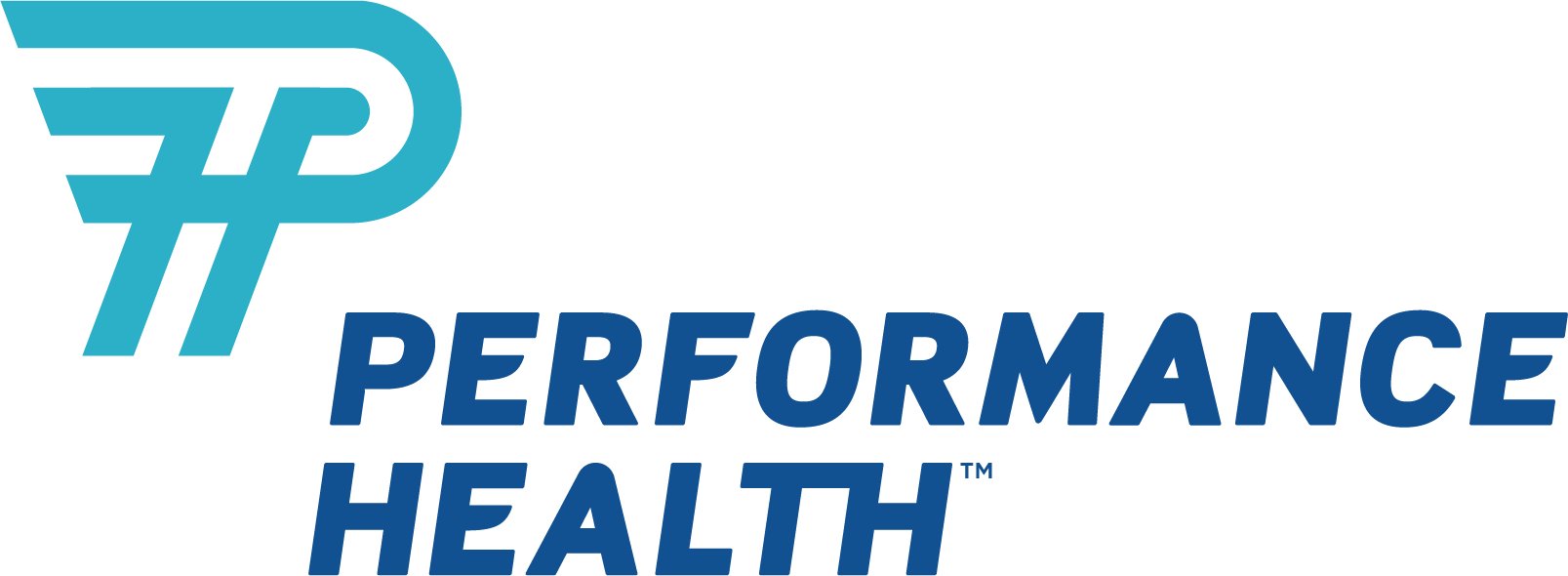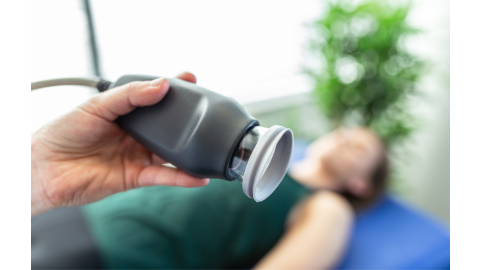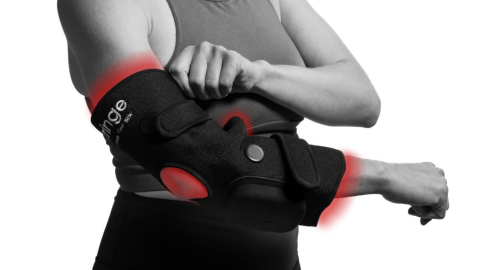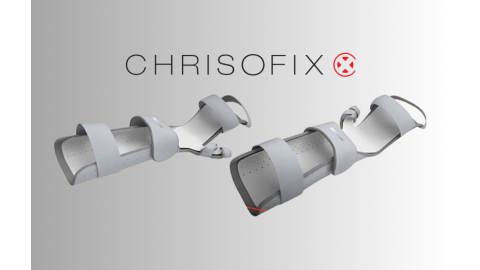Let’s face it - rehab professionals don’t exactly have time to waste. Between patient care, documentation, keeping up with continuing education, and somehow remembering to eat lunch, it’s a miracle they get everything done. So, when you take time away from the clinic to attend a trade show, you want it to count.
I’ve attended more trade shows than I can remember—ranging from small state gatherings to national conferences. Whether you're a physical therapist, occupational therapist, speech language pathologist, athletic trainer, or just someone who loves a good lanyard and a tote bag full of swag, these events are your golden ticket to professional growth. But only if you play your cards right.
Here’s my tried-and-true guide for making the most of your trade show experience—without needing a week of PTO to recover afterward.
1. Plan Ahead (Your Future Self Will Thank You)
Here’s your first rehab trade show tip: don’t be the person flipping through the agenda on the flight over. Take the time before the event to:
- Review the full conference schedule
- Layout a flexible schedule that highlights your key educational events, vendors you want to visit in the hall so you’re not running around without a plan (and don’t forget a snack break!)
- Map out the exhibition hall and know where you want to focus your attentions
- Don't forget to factor in networking events and social mixers
Pro tip: bring your business cards or set up a sleek digital contact card. I personally like to send a quick intro email while I’m talking to someone—it locks in the connection right away; you get their email right then, and they have a way to remember you beyond the face-to-face conversation. Bonus points if you remember their name the next day.
2. Prioritize Your Well-Being (Burnout Isn’t a Badge of Honor)
Trade shows are not spa retreats. Expect early mornings, late nights, and more walking than your Apple Watch is emotionally prepared for.
Here’s how to survive the chaos:
-
Pack two comfy pairs of shoes (your feet will love you for it)
You will be on your feet and walking further than you usually do in a typical day. Alternate between two pairs of shoes between the days to avoid blisters. Every year I see someone limping through the vendor hall looking for a blister patch of sorts.
-
Stay hydrated (coffee can’t be your only intake, unfortunately)
It is very easy to let the day get away from you and not drink as much water.
-
Bring your vitamins (you’ll be shaking more hands than a politician)
Your vitamins will help support your energy and recovery. You’ll be especially vulnerable considering the exposure to new people and environments.
-
Dress in layers (because that one conference room will feel like a meat locker)
Conference rooms can be cold even in a warm climate. Layers allow you to shed when you get hot, or add on when you’re growing cold.
~And yes, network at night but don’t go full college reunion. Pick one night to stay out late but protect your sleep the rest of the time.
3. Be Early to Education Sessions (And Stay Late to Network)
Want to actually get into the sessions you came for? Show up early.
Seats fill up fast at popular talks, especially when there's CEUs involved. Set alarms throughout the day to keep yourself on track. Wandering the vendor hall is fun, but missing your favorite speaker because you got distracted by a free massage chair? Not ideal.
See an influencer or educator you admire? Say hello! I promise they are used to it and would love to chat after their session. That’s how real professional relationships start - outside the email inbox. If you attend enough of these events, it’s a great way to build a relationship with them that doesn’t evolve around transactions.
4. Treat the Vendor Hall Like a Gold Mine (Because It Is)
Ah yes, the vendor hall—equal parts innovation, opportunity, and free samples.
Here’s how to do it right:
- Review the exhibitor list and flag key vendors you already work with
- Introduce yourself to product reps, they love hearing from actual clinicians
- Offer feedback on tools or tech you use! You’d be surprised how often they’re looking for consulting help
- Don’t be afraid to ask about upcoming innovations, they might just show you a prototype
And yes, keep an eye on the newest tech. The rehab world is still figuring out how to balance hands-on care with high-tech tools. Be the person who helps bridge that gap!
5. Set a Networking Goal (3 New People, Minimum)
This isn’t just about CEUs or product demos, it’s about people.
I set a goal at every event: connect with at least three new professionals. They could be fellow therapists, vendor reps, or someone I bump into while juggling a free tote bag and cold brew.
This is your time to shine! This is everything you love about your profession crammed into a few days. Network, Network, Network. Let folks know your specialty, your interests, and what fires you up about this field. You never know what connections might be made over shared passions (or shared snacks).
Final Thoughts: Work the Show, Don’t Let It Work You
Rehab trade shows are one part continuing education, one part networking marathon, and one part vendor safari. But with a little prep, a comfy pair of shoes, and a sense of humor, you can walk away with new knowledge, new contacts, and maybe even a consulting gig.
Just remember—hydrate, hustle, and don't be afraid to introduce yourself. You’re not just here to learn, you’re here to leave an impression. Go forth and be the well-prepared, highly-caffeinated, networking-savvy rehab professional you were always meant to be.








 France
France Australia
Australia






